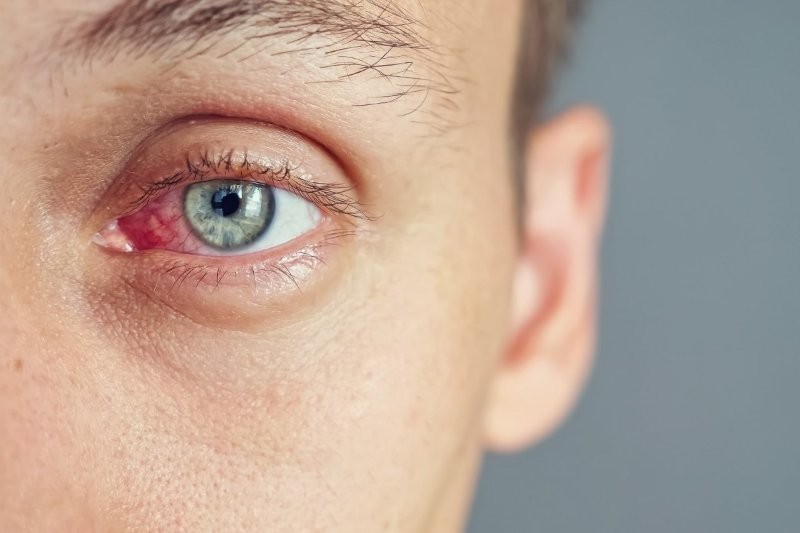Age affects uveitis impact
A team of New Zealand researchers has shown that age appears to be a key factor influencing the underlying aetiology and clinical course of uveitis.
Published in the American Journal of Ophthalmology, the retrospective clinical cohort study, by Drs Priya Samalia, Jo Sims and Rachael Niederer, included 4,395 participants presenting with uveitis to a single centre from January 2009 to December 2023. They found infections were more frequent in both younger (0–19 years) and older (≥60 years) participants. Toxoplasmosis was the most frequent cause of infectious uveitis in younger (0–19 years; 12.5%) participants and herpes zoster virus was the most prevalent cause of uveitis in the over-40s (40–59 years, 7.1%; 60–79 years, 20.5%; 80+years, 38.6%). Tumour-related uveitic masqueraders demonstrated a significant association with increasing age, they reported.
Responses to treatment and outcomes also differed with age, with younger individuals more likely to require steroid-sparing immunosuppression and a switch from initial disease-modifying antirheumatic drug therapy. Older subjects were more likely to develop cystoid macular oedema, raised intraocular pressure and cataract, they said, and younger subjects were more likely to develop posterior synechiae, papillitis and choroidal neovascular membrane.
“Investigations should be tailored to the clinical presentation, and consideration of the individual’s presenting age may provide clues as to the underlying cause of disease and to guide treatment,” the team concluded.
























